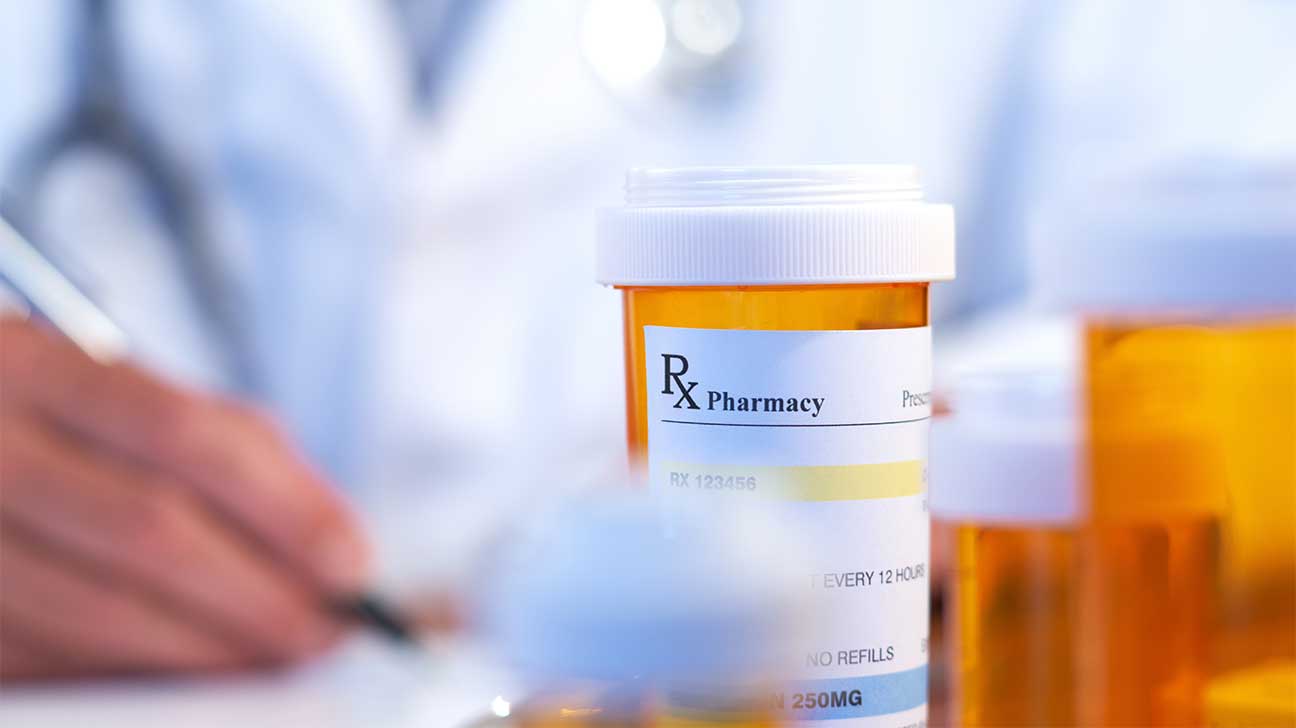
Many people with opioid addiction experience withdrawal symptoms when they quit opioid drugs.
Opioids, including prescription opioids and drugs such as heroin, interact with the brain’s opioid receptors and produce euphoria.
Physical dependence occurs when the brain comes to expect this interaction. Certain medications, however, can help reduce withdrawal symptoms and support recovery.
Types Of Medication For Opioid Use Disorder
Here you’ll discover several medications that treat opioid dependence and help make the detoxification process as comfortable as possible.
Opioid Agonists And Partial Agonists
Opioid agonists are drugs that activate opioid receptors in the brain.
Full opioid agonists produce the most significant activation, while partial agonists have a “ceiling,” meaning that their euphoric and pain-relieving effects do not increase with large doses.
Partial agonists, therefore, present a lower risk of abuse than full agonists.
Methadone is perhaps the most well-known opioid agonist prescribed for opioid withdrawal and detox, and buprenorphine is a commonly prescribed partial agonist.
Opioid Antagonists
Opioid antagonists are drugs that block the effects of opioids, including euphoria.
Naltrexone, for example, is often used for long-term opioid addiction treatment. This medication prevents opioid cravings and can also treat alcohol use disorder (AUD).
Other opioid antagonists are not meant for detox but to revere the effects of opioids during a life-threatening emergency.
Naloxone, for example, is a nasal spray that can restore normal breathing patterns in a person experiencing opioid overdose.
Mixed Opioid Agonists/Antagonists
Some healthcare providers prescribe mixed opioid agonists/antagonists, which include both activating and blocking properties.
Similar to partial antagonists, these drugs ease withdrawal symptoms but have a lower potential for abuse than full agonists.
Suboxone, for example, combines buprenorphine and naltrexone.
How Does Medical Detox For Opioids Work?
Several addiction treatment programs, both inpatient and outpatient, offer the above medications for opioid detox.
These medications alleviate the most severe symptoms of opioid withdrawal, which can include cravings, digestive issues, muscle aches, and other difficulties.
This generally involves replacing a short-acting opioid, such as oxycodone, hydrocodone, or codeine, with a long-acting opioid.
Then, these programs help the client with the tapering process, prescribing lower and lower doses until the client no longer needs the medication.
Do Opioid And Opiate Withdrawal Medications Replace Addiction Treatment?
These medications alone do not provide effective addiction treatment. Medication-assisted treatment (MAT) also includes behavioral therapy to get at the roots of addiction.
This is because opioid addiction is a mental health condition that often includes physical side effects.
By prescribing certain medications, MAT providers address the client’s physical dependence on opioids and relieve the most severe withdrawal symptoms.
In the absence of these symptoms, the client can focus on the core issues surrounding their substance use through therapy and other support.
Find Addiction Treatment Today
Opioid addiction is a complex disorder, and withdrawal symptoms make it even more difficult. However, treatment options are available.
If you or a loved one needs addiction treatment, contact Detox Rehabs today to learn more.
Article Sources- National Institute On Drug Abuse (NIDA) — Medications To Treat Opioid Use Disorder
https://irp.nida.nih.gov/wp-content/uploads/2019/12/NIDA-Medications-to-treat-opioid-use-disorder_2018.pdf - Substance Abuse And Mental Health Services Administration (SAMHSA) — What Is Naltrexone?
https://www.samhsa.gov/medications-substance-use-disorders/medications-counseling-related-conditions/naltrexone - World Health Organization (WHO) — Opioid Agonist Pharmacotherapy Used For The Treatment Of Opioid Dependence (Maintenance)
https://www.who.int/data/gho/indicator-metadata-registry/imr-details/2718

